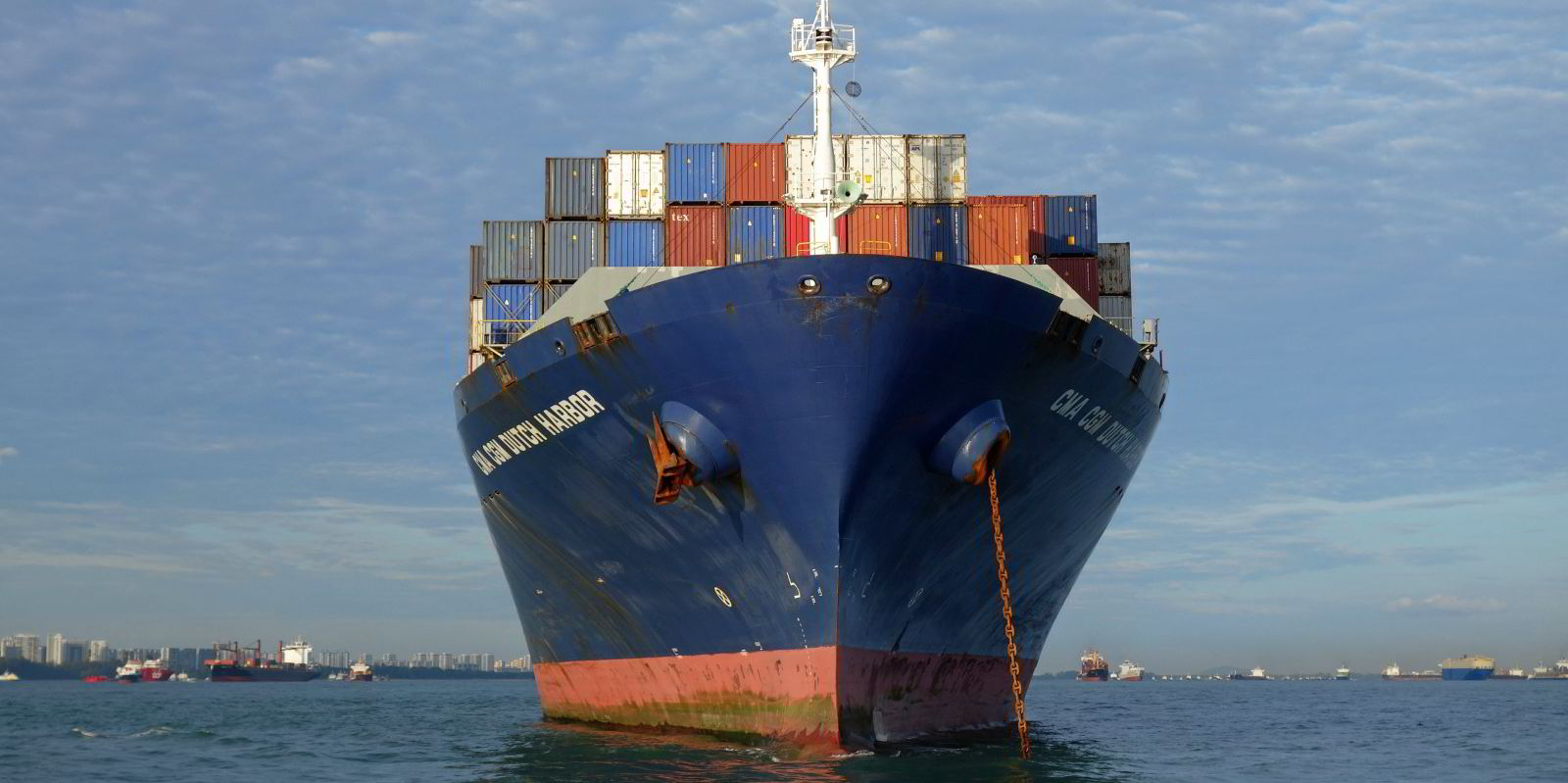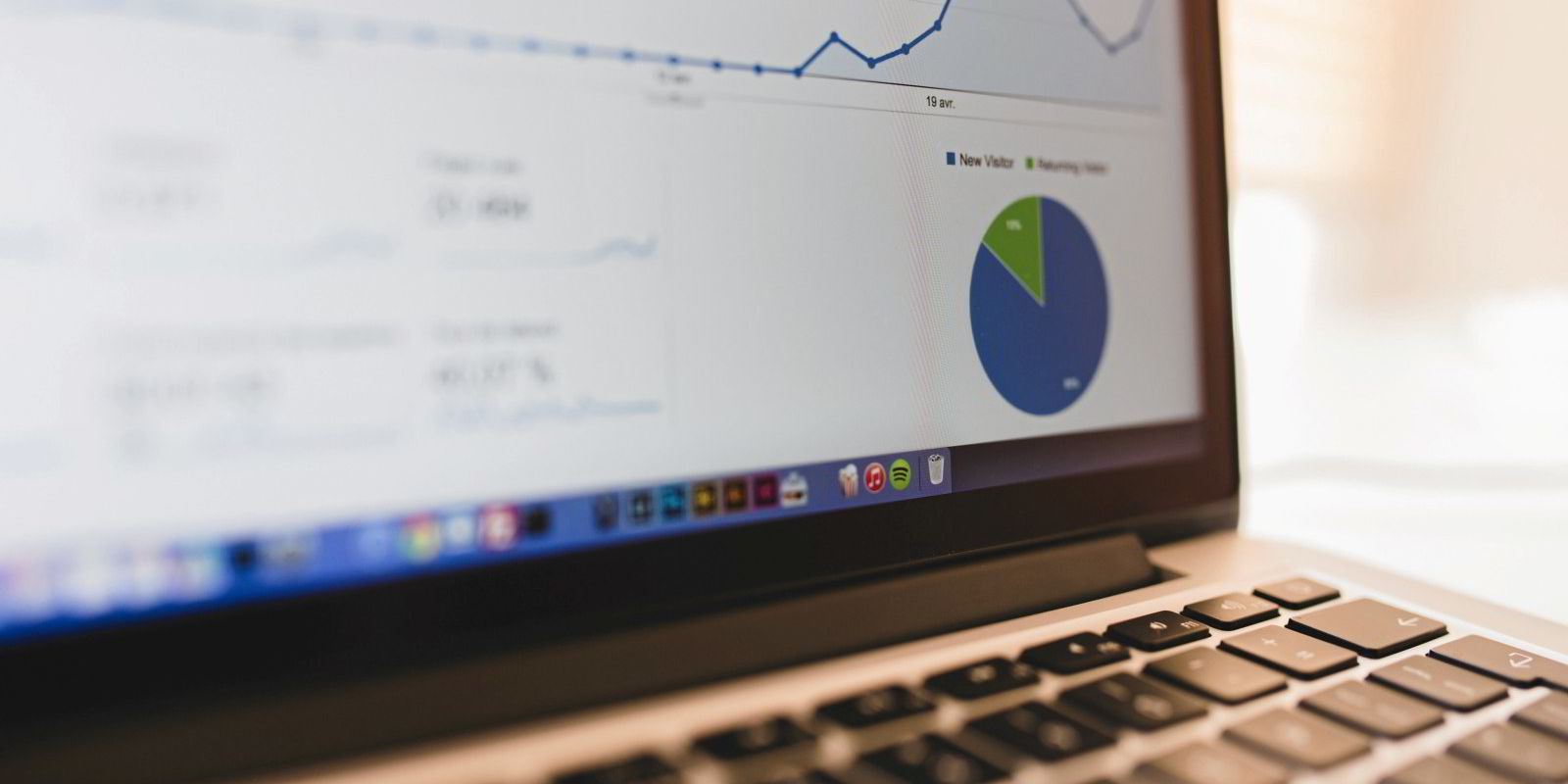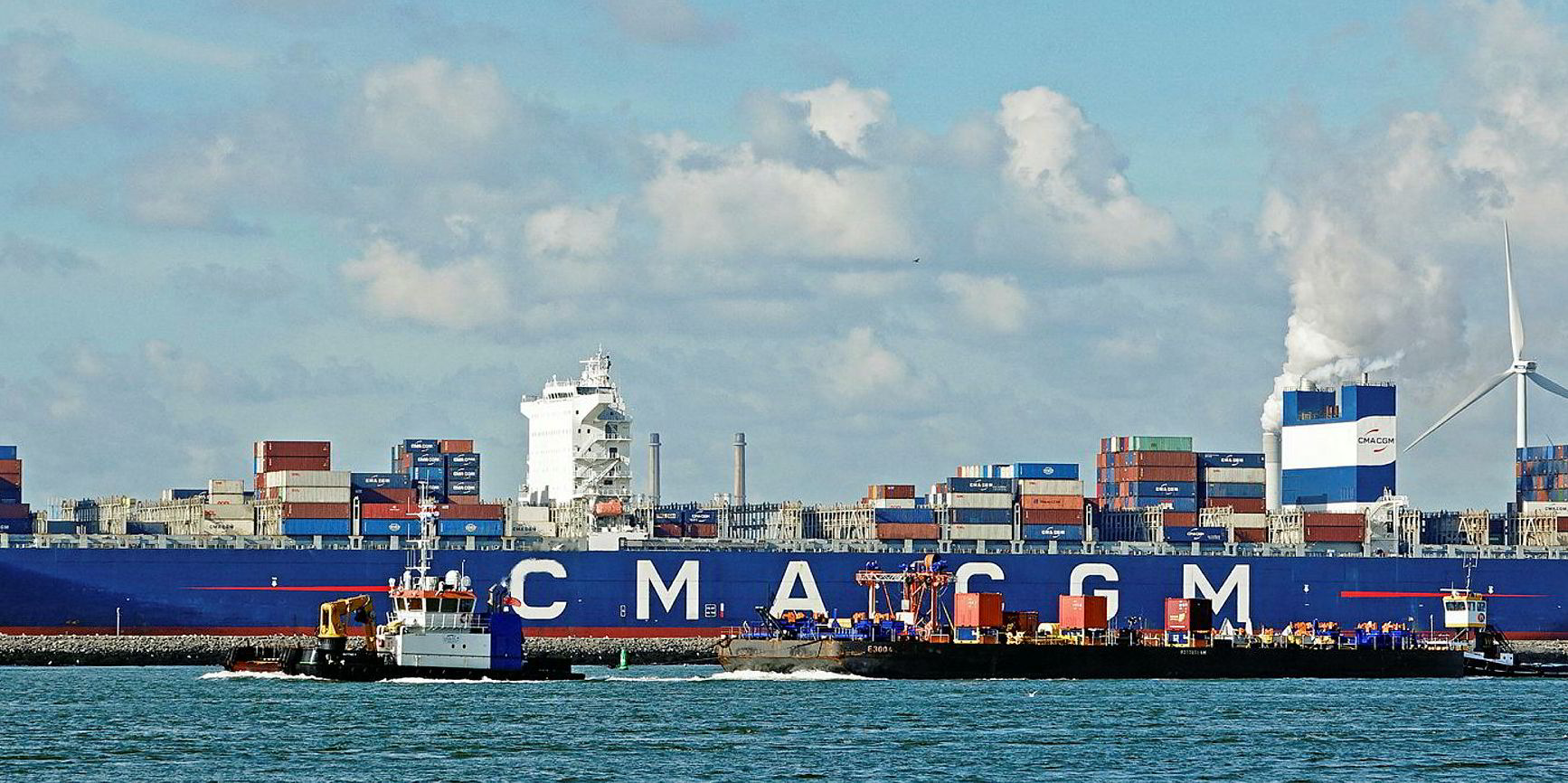As they reel in the profits in a boom year for some maritime segments, some shipping companies are faced with a question: what to do with that pile of cash?
For French liner giant CMA CGM, part of the answer to that question was a $3bn deal for the technology-driven supply chain business of Ingram Micro, including its Shipwire e-commerce platform.
The deal is reflective of a year that saw a supply crunch amp up a digitalisation trend that had already accelerated when Covid-19 emptied offices across the globe.
Look back two years, and you will see stories in the pages of TradeWinds about the shipping industry still resisting the allure of digital technology.
Now, the Covid-19 double whammy of remote working and supply chain congestion has shifted shipping companies' hunt for digital solutions into high gear.
Matthew Costello, chief executive of Voyager Portal, said: "It has helped an entire industry start to change its mindset, from, 'Technology is this thing we don't really want to think about, but occasionally we have to do it', to, 'Technology actually needs to be the first thing we start to think about as we want to grow'."
The Houston digital supply chain tech company, which allows bulk commodities players to manage shipments of bulk commodities on its web platform, recently reaped the benefits of that shift, raising $8.4m in a Series A funding round.
In addition to venture capital firms, investors in the Voyager fundraiser included Flexport, the digital freight forwarding unicorn that has been using its war chest that valued it at $3.2bn in a 2019 funding round to finance start-ups in the growing freight tech ecosystem.
Cash from venture capital and traditional shipping players is flocking to shipping's digitalisation.
In Singapore, Quest Ventures has teamed up with ShipsFocus to launch a maritime fund to raise SGD 10m ($7.4m) that will invest in start-ups. In Greece, Martinos family-backed Signal Ocean, which was already using artificial intelligence to deliver actionable insight in tankers, moved to dry bulk.

That trend, for example, saw classification society Lloyd's Register snap up data intelligence company GreenStream and rival ABS to team up with Kongsberg Digital on vessel performance monitoring and analytics.
And yet, as TW+ reported in October, while the amount of data downloaded per vessel has increased, some 70% to 90% of available data never makes it ashore. The scope for more opportunities to digitalise remains large.





